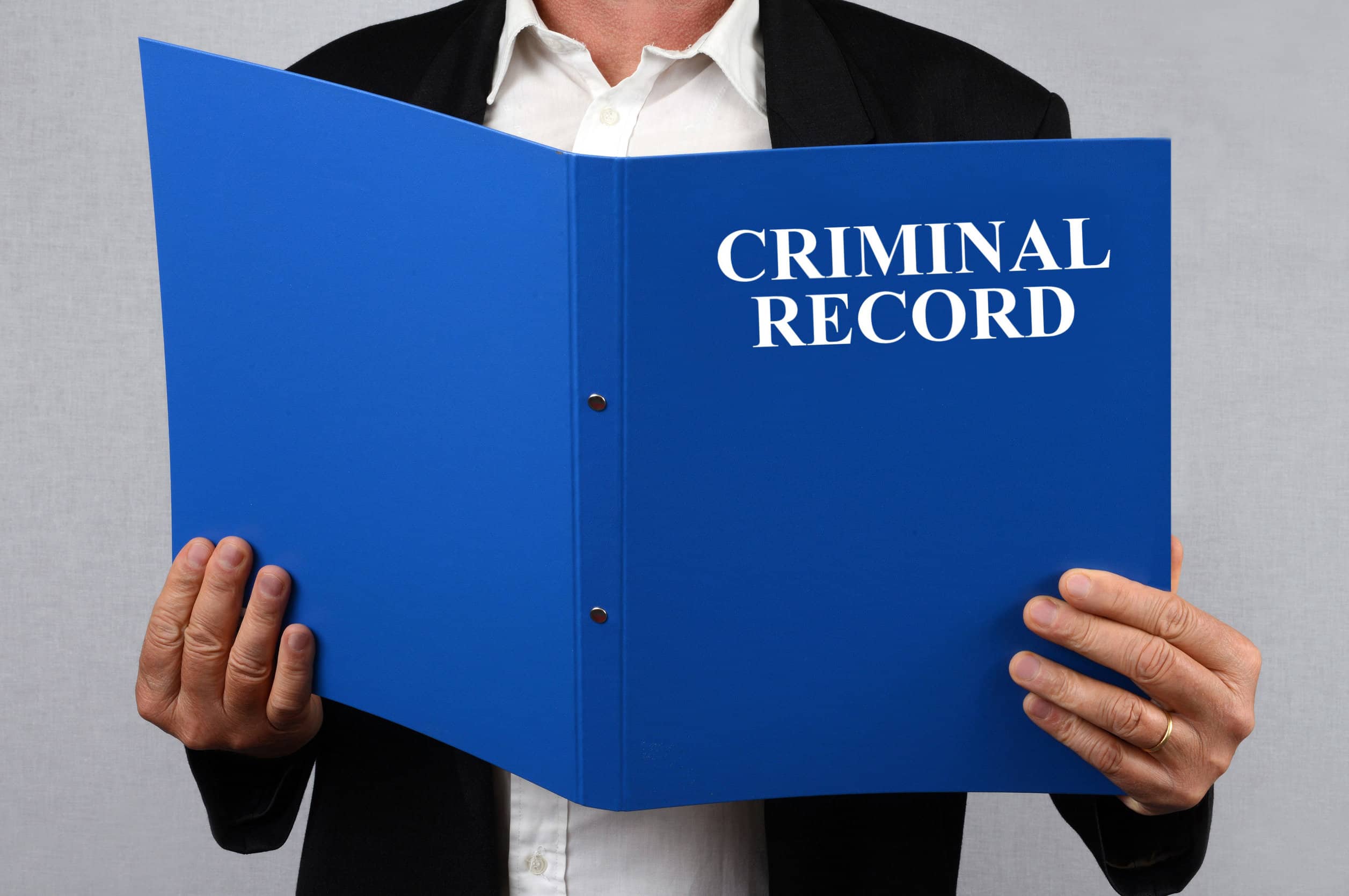- Home
- THE FIRM+
- Criminal Defense+
- CASE RESULTS
- AREAS WE SERVE+
- FAQ’s
- Blog
- Contact
AZHARI LLC BLOG

Posted By: Sami Azhari
Category:
A new year is right around the corner. If you’re looking for some resolutions to make, then you may want to add expunging or concealing a criminal record to your list.
Many people think that expungement of a criminal record and the sealing of one are interchangeable terms, but they are two different processes. In fact, it can be quite complicated to understand the use of each and if either can apply to your criminal history.
Have no fear! Here’s what you need to know about expungement and sealing your criminal record in Illinois, including under what circumstances it can be done, to whom it can apply, and what it can do for you and your future – including the new year that is yet to come!
Expungement and Sealing: What Is the Difference?
You can “clear” your criminal record in the state of Illinois through two different methods: sealing or expungement.
When you have your record expunged, your name is erased from the docket system of the county clerk’s office, and the court file is impounded. This means that the information contained won’t be available to the public or through searches, like background checks done by employers.
Also, law enforcement agencies in the state will be ordered by the court to expunge their records. This makes it impossible for anyone outside of law enforcement or the courts to access your record. Expunged records are destroyed, so the situation becomes, basically, like your charge never happened.
Sealing is a very different process. When you have your criminal record sealed, it means that the general public cannot gain access to it. It won’t show up during background searches.
Law enforcement will still have access to the sealed records, and any felony convictions or background checks involving fingerprints can still access the records, as well. Sealed records are not destroyed like expunged records. Instead, they are stored in a way where only law enforcement can access to them.
When Are You Eligible for Expungement?
Another critical difference between sealing and expungement is that these actions apply to different cases. You are eligible for expungement if your case is dismissed or if you were acquitted. You can also expunge your record if you completed court supervision satisfactorily or completed your qualified probation.
Basically, if you are never technically convicted of a crime, or you simply violated a municipal ordinance, then you are eligible to have your record expunged.
When Are You Eligible for Record Sealing?
You can have your record sealed if you’ve been convicted, but only if you completed your sentence. Also, it must not involve reckless driving or a conviction of a DUI. You also cannot seal cases that include:
- Domestic battery
- Violation of orders of protection
- Violation of no contact orders due to stalking
- Certain sex crimes
- Crimes against animals
In other words, those convicted of certain crimes are eligible for record sealing rather than expungement.
When Can You Have Your Record Sealed or Expunged?
With either expungement or record sealing, you must wait a certain period of time before you can petition the court.
In the case of expungement, once you’ve been acquitted of a crime, you can file it right away. If the case is considered Stricken with Leave, then you must wait 160 days before you can petition for expungement. In cases of Non-Suit, you must wait 120 days.
For cases involving court supervision, most offenses can be expunged two years after you complete the supervision successfully. Some cases may require a five-year waiting period, which is something an experienced lawyer can help you figure out.
If you are seeking record sealing in Illinois, then cases involving probation are normally eligible three years after the completion of probation. If your case involved court supervision, you must wait two years after the end of your supervision period.
Do You Have to Go to Court?
If you want your criminal record expunged or sealed, you may have to appear in court – it depends on the county. Cook County, for example, may only require you to go to court if there’s an objection to your request. If you work with an attorney, they can help you understand if you need to appear in court – and may even be able to appear on your behalf.
How Long Does the Process Take?
For cases involving expungement and sealing, it can take anywhere from three months to six months to complete the process. Remember, there are many agencies involved in getting the records expunged or sealed. It can take time, but it’s worth it.
About the Author
Sami Azhari has been working as a lawyer since 2007, after receiving his Juris Doctor from the Michigan State University College of Law. He has handled numerous state and federal cases, and is known throughout the Chicago and Rolling Meadows area for providing his clients with high-quality, skilled representation. He has been recognized by Avvo (2013 and 2018), SuperLawyers (2015-2020), The National Trial Lawyers, and other notable organizations, and has spoken at a number of legal conferences.



























































